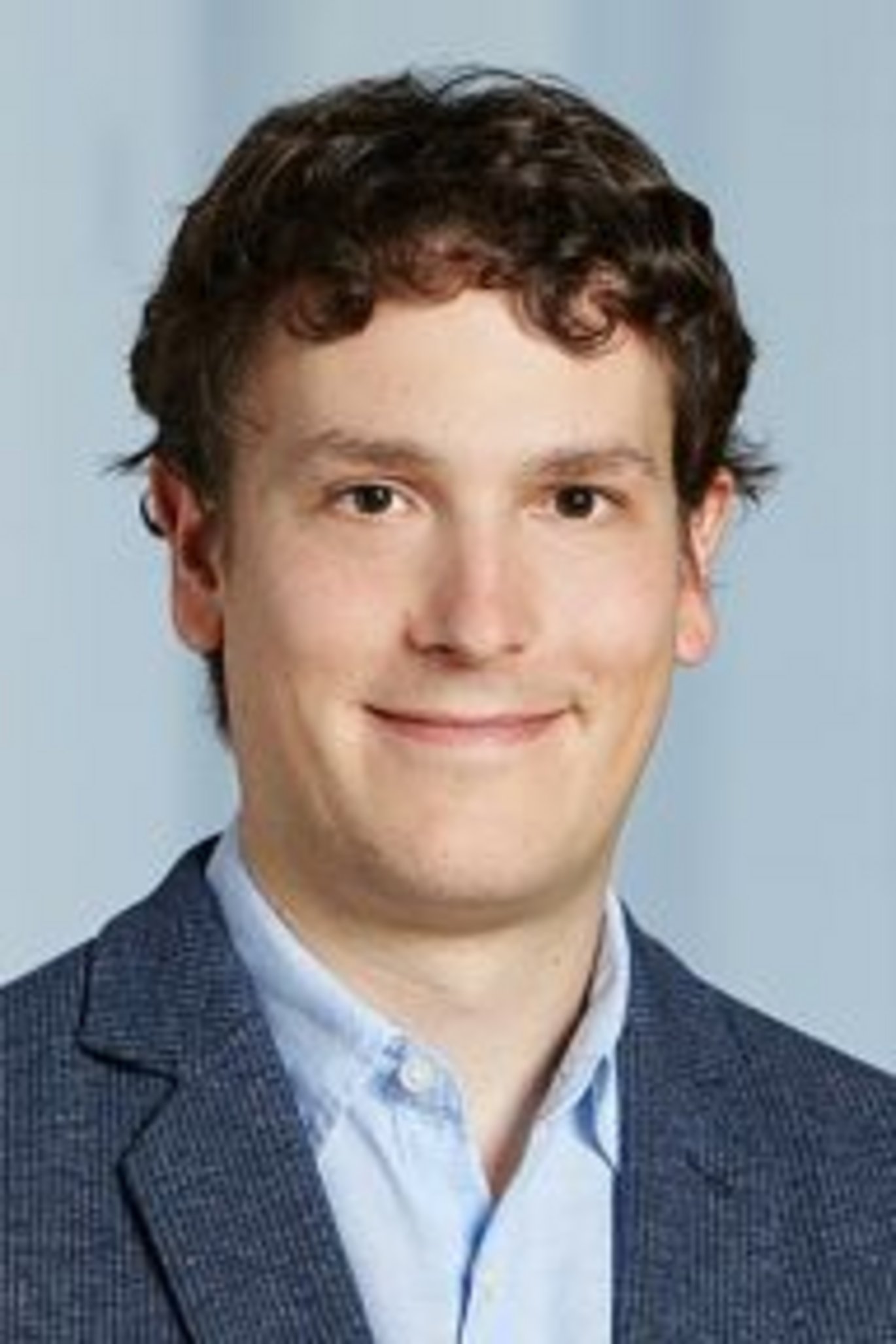Meet Klaus Eyer - the Inflammation Network's Newsletter Interview Series

Klaus Eyer, 39-year-old, originally comes from a small mountain village in Switzerland. Since February 2024, he’s been an associate professor at the Department of Biomedicine at Aarhus University. Klaus began his academic journey at ETH Zurich, where he earned both his Bachelor's and Master's in pharmaceutical sciences, and a doctoral degree in analytical chemistry. Afterward, he spent several years in Paris as a postdoctoral fellow at ESPCI, working on microfluidics and single-immune cell analysis. Before his move to Aarhus, he was a non-tenure track assistant professor at ETH Zurich, leading a research group focused on Functional Immune Repertoire Analysis.
What is your focus area?
Our lab studies how immune responses emerge and change from the actions of individual cells, each operating independently without central control. These cells vary in their functions and activity levels, and together they shape the overall outcome—whether in infection, vaccination, or disease. We develop methods to analyze and utilize immune function at the single-cell level and apply these approaches to study immune responses in prevention, health, and disease.
Current research
We aim to understand, quantify and utilize immune responses, and focus on single-cell analysis, examining function, phenotype, and their changes over time. To achieve this, our research follows 3 core goals:
- Innovate Analytical Tools: We develop cutting-edge methods for deep, quantitative, and dynamic single-cell analysis, revealing functional states, activity levels, and cellular phenotypes in real time.
- Explore Immune Responses: We use these tools to dissect how individual cells contribute to broader immune responses, uncovering mechanisms that drive different outcomes.
- Drive Translational Impact: We aim to apply our findings to answer fundamental biological questions and support clinical applications—including diagnostics, prognostics, and personalized therapies.
Our research enables the deep profiling of immune activity at the single-cell level, moving beyond traditional categorizations of immune cells, and enabling a different perspective on immunity. By focusing on functionality rather than cell identity, our tools allow us to analyze how individual immune cells behave, interact, and contribute to overall immune responses in a dynamic and quantitative manner. This approach reveals a more nuanced and dynamic view of immunity, particularly valuable in understanding how the immune system reacts to infection, vaccination, and autoimmune triggers.
Our technologies allow us to detect even subtle immune changes at the single-cell level, often before clinical symptoms appear, potentially enabling earlier and more precise diagnoses, particularly in complex diseases. Our innovations have also translated into real-world impact, including the founding of Saber Bio SAS, and ongoing and past biotech collaborations across Europe.
Your thoughts on the Inflammation Network & the Steering Committee
Our research excels in collaboration. We work closely with clinicians, industry, academia, patients, and interdisciplinary partners to ensure that our translational efforts are grounded in real-world needs and clinical relevance. By integrating perspectives, we aim to align the scope of our immunological and technological development with the scope of better patient care, diagnostics, and therapeutic decision-making. These collaborations not only enhance the precision and applicability of our tools but also accelerate their path from lab to clinic—ultimately ensuring that our scientific innovations have meaningful impact in healthcare settings. The inflammation network is the perfect place for us to initiate these interactions here in Aarhus.
In my view, the Inflammation Network provides an interesting and crucial platform for collaboration, and specifically, advancing translational research by enabling laboratory discoveries to be swiftly applied in clinical settings to improve patient outcomes. It also facilitates reverse translation, where observations from clinical samples inform fundamental scientific inquiry. This network, in my view, supports the development and evaluation of innovative therapies and diagnostics in real-world applications.